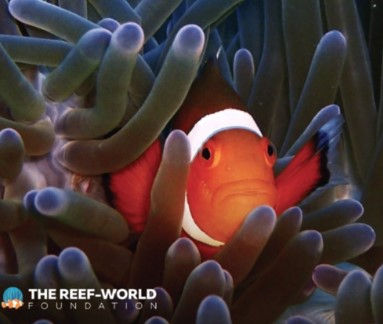Friday Fun – Getting Ready to Scuba
- Peggy Maffeo

- Mar 25, 2022
- 3 min read
Friday Fun is P.M. Info Systems' weekly blog post on everything SCUBA!
“Scuba involves putting a heavy tank full of compressed air on your back and diving into deep water with a tiny rubber tube being the only thing that keeps you alive.” A quote from Scuba Diver’s manual. I love it!
Certification to scuba cost money, so it’s best to know if you can handle it before jumping into the water, literally. Ask yourself these three questions to see if scuba certification is right for you:
1. “Do I want to be a scuba diver?” Do you want to dive in warm water a few times a year at some pricey resort, or be a recreational diver, who limits you to a max depth of 130 feet, or are you interested in hardcore cold-water diving and exploring shipwrecks? It's important to ask yourself such questions, because you can enjoy diving without becoming certified. If you vacation in popular diving spots like the Caribbean, Cozumel or the Florida Keys, you will easily find offers for "resort" dives. These are usually 1-day or weekend crash courses in diving that include a guided dive with a dive master. You do not get certified and cannot go unsupervised, but you are certainly allowed to enjoy the marine life in the area. Although often expensive, this type of introduction to diving is a wonderful way to decide if you want to pursue certification.
2. “How good of a swimmer am I?” You don't have to master every type of stroke. Scuba certification only requires that you are able to swim about 200 yards using any stroke you want and to be able to float or tread on water for about 10 minutes.
3. “Am I in good general health?” If you are in good general health and are comfortable in the water, then you should be able to scuba dive without any problems.
If you can answer “Yes” to these three questions and you follow tips 4 & 5 I would then ask a certified scuba diver to take you in a pool and see if you can breathe under water with a regulator without freaking out. A regulator allows you to breathe underwater.
4. Find a professional scuba dive shop in your local area. There are about 1,900 professional scuba dive centers in North America alone and your local ones should definitely be checked out. Most will run basic certification programs on a regular basis. These centers or shops should be listed on the Internet, and you can also check with websites of some of the major scuba diving certification agencies such as PADI, SSI or NAUI as they will also have listings. If you live in the Sacramento, California area I recommend Fisheye Scuba in Folsom, CA or if you live in the Detroit, Michigan area I recommend Sea the World Scuba Center.
5. Talk to a certified scuba diver and do your research. A good way to know what you’re getting into is talking to someone who is a certified diver, or a dive instructor, or dive master. Do your research! I am certified diver with PADI so leave a comment on this blog post with any dive questions you may have, and I would be more than happy to answer them or talk to you.
Scuba Tidbits:
SCUBA stands for “Self-Contained Underwater Breathing Apparatus.”
PADI stands for “Professional Association of Diving Instructors.”



Comments